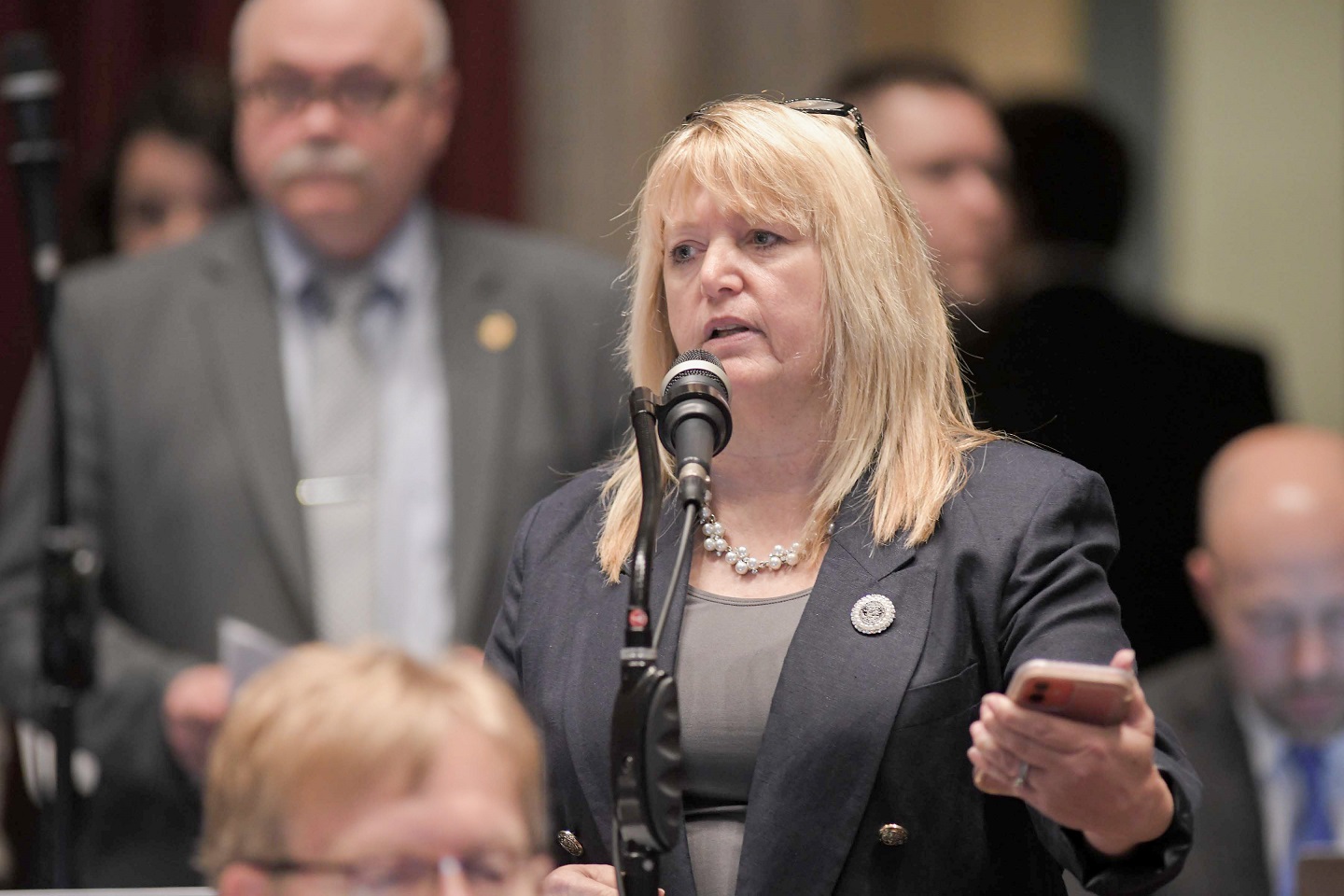On Friday, October 1, Missouri’s gas tax will increase for the first time in 25 years, but Missourians who don’t want to pay the increase have an option.

The tax will increase by 2.5 cents October first, with more incremental increases every July 1 until it reaches a 12.5 total increase in 2025. The Department of Transportation estimates the increase, when fully implemented, will generate another $460-million annually for the state’s roads and bridges.
Those who don’t want to pay the increase will be able to apply for a refund. The Department of Revenue has prepared a draft of the form that would be used, which can be viewed here. A final version is expected to be available, either digitally or by paper copy, by the time applications can be accepted between July 1 and September 30 of next year.
Fuel purchased in Missouri for vehicles weighing less than 26,000 pounds is eligible for a refund. House Transportation Committee Chairwoman Becky Ruth (R-Festus) said Missourians who want a refund will, “need to save [fuel] receipts in case they are audited, and there is a form that the Department of Revenue is providing for them to fill out,” said Ruth.
Ruth said she’s not concerned that letting people get back some of their tax dollars will hurt the overall goal, that of giving the Department of Transportation more funding to maintain the state’s roads and bridges.
Ruth said the initial increase, which begins October 1, has been estimated at about $1 a month for the average Missouri driver.
Ruth said the Department has been running about $800-million behind what it needs for road work, per year. The increase will cover a significant portion of that gap, and will also put Missouri in position to draw federal dollars from an anticipated infrastructure bill.
Ruth said she was grateful for the bipartisan support this proposal received. She thinks that is due, in part, to the refund provision, and to lawmakers recognizing a need for additional money for transportation.
The gas tax increase became law when Governor Mike Parson (R) signed Senate Bill 262, which passed out the House with a final vote of 104-52.


